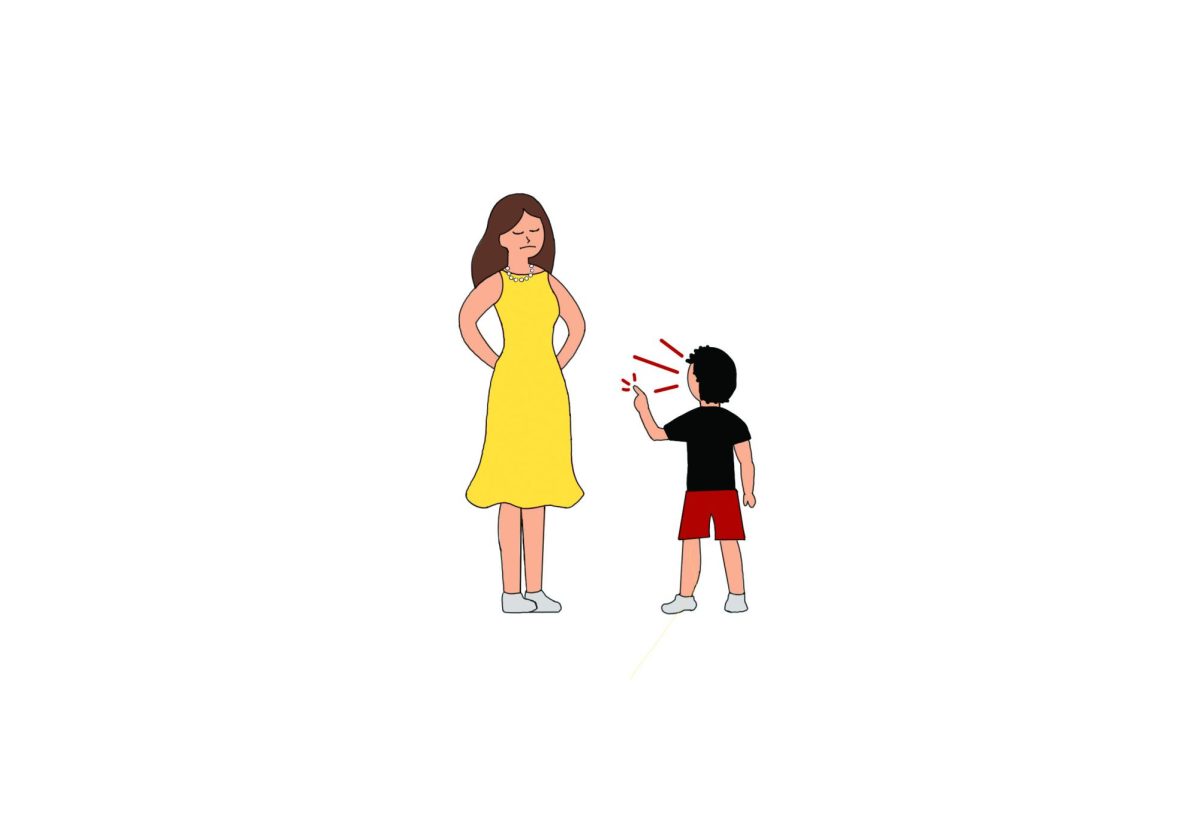The extrovert expectation
February 4, 2019
In the past, I’ve struggled with determining where I lie on the scale of introversion. Although I enjoy talking to people, I find it exhausting and sometimes meaningless to make shallow small talk with others. After hours of spending time and going out with people, the desire to go home, recharge and spend time on myself consumes me. Even though I consider myself an “extroverted” introvert, I still question whether even such a small scale of introversion is acceptable.
Introverts are those who prefer minimally stimulating environments and often need time alone to recharge and appreciate time to themselves. They don’t depend on others to refuel their energy. On the other hand, many extroverts have di culties understanding this and quickly associate introverts with society’s perception of being shy or antisocial. They may also stereotype these introverts as those who simply hate people and being around others. But this can be far from the truth.
Stepping into high school, I immediately realized that my independent, wall ower personality wasn’t going to help me thrive as a successful student. Teachers often seem to favor the outgoing, talkative students. I envied the kids who raised their hands immediately without having to think of what they were going to say before they said it. Consequently, I tried my hardest to imitate these people. After some time, the pressure of extroversion became a part of me.
The Blue Valley School District is, no doubt, academically competitive. In order to ourish in such a competitive environment, students seek out prestigious positions of leadership. More than once I have forced myself to fake a bubbly personality in order to get chosen for a position, leading people to falsely label me as outgoing.
Through my journey of “becoming an extrovert,” I attained important qualities and skills such as speaking publicly, exuding confidence and making small talk with strangers. Yet, simultaneously, I knew I was faking it.
This shouldn’t be the case. It’s detrimental and mentally exhausting for people to portray themselves as those they’re not in order to be successful.
As project-based learning becomes the ideal component of the curriculum, introverts are being pushed more and more to demonstrate qualities
of an extrovert. As a matter of fact, some introverts’ unwillingness to put themselves out there reaches beyond shyness or a quiet demeanor. Sometimes this unwillingness to engage stems from mental illnesses such as anxiety. In such cases, students should be welcome to request exemption from public speaking activities.
As an extroverted-introvert myself, I am not requesting schools put an end to collaboration, group work or public speaking projects. However, I am pushing for more understanding from teachers and a healthy balance between activities suited for both introverts and extroverts. Students also should be allowed more freedom to work in their level of comfort.
Schools need to educate teachers about topics like introversion and extroversion, so they can truly understand their students’ needs. In addition, teachers must stop pushing introverts to learn in an environment they nd uncomfortable and stop portraying extroverts as the ‘ideal’ students. Instead, they should allow students to embrace their preferences to be independent or spend time alone. Only then can they become the best version of themselves and escape the extrovert expectation.






